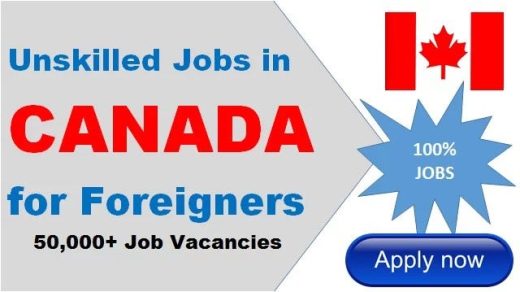Choosing the right insurance advisor to handle your insurance needs should not be difficult. Not sure where to begin when it comes to selecting an insurance policy? Working with a licensed insurance expert who is acquainted with the industry can help you navigate the process smoothly. An advisor can explain the meaning of terms like “beneficiary” and “premium,” as well as consider your financial goals and answer any questions you may have. So, what else should you look for in a financial advisor?
1. Referral / Recommendation
Start with referrals from family, friends, and colleagues. Find out why people like their insurance advisor by asking around. Ask about their service and follow-up.
We frequently consult family and friends before purchasing a car or trying a new restaurant. We are more likely to rely on their opinion and product experience. The same is true for life insurance. Speak with anyone in your immediate circle who has purchased life insurance. Please inquire about the contact information of the advisor with whom they have worked and what they liked about the advisor’s approach.
2. The Advisor must be well knowledgeable
The insurance advisor must be well-versed in all the company’s insurance policies. You should sit down with him and discuss the benefits and drawbacks of various approaches. You must realize that every insurance company sells a large number of policies. Not every policy is intended for you. After learning about your family and finances, your insurance advisor should recommend the best policy.
It is challenging to determine knowledge and trust because these qualities develop over time. However, you can begin by asking the insurance advisor you are considering to explain the products they sell and how they determine which products, coverage, and limits you require. This will give you a good idea of how the agent operates.
3. Always go with a certified advisor.
Your insurance advisor must be licensed by the Insurance Regulatory Body or Authority. It demonstrates that they are not there to deceive or defraud you. Furthermore, the guidelines established by this agency ensure that you are protected on all fronts. If a person is not certified by the relevant authority, he is not legally permitted to advise people on insurance. He could end up in jail. As a result, before hiring an agent, ensure they have all the necessary certifications.
A knowledgeable insurance advisor can help you decide what coverage and limits you need to protect your family and yourself. On their business cards, look for insurance advisors with certain abbreviations next to their names. Professional designations include the National Association of Insurance Commissioners (NAIC), Certified Insurance Counselor (CIC), Chartered Property and Casualty Underwriter (CPCU), and Associate in Risk Management (ARM).
4. Carry out research
Begin your research by going online. You can look for advisors in your city or in the neighborhood where you live. Examine the websites of advisors, insurance providers, and social media platforms. You can view the advisor’s profile, education, experience, and contact information on LinkedIn. They may share helpful information and articles with their clients through other social media channels. You can also read reviews about the company and the advisor online.
5. Determine Whether Location Is Important to You.
It is possible that having an insurance advisor with offices in your community is essential to you. You have the comfort of being able to drop by and ask questions or get assistance with a claim while developing a trusting relationship. Many independent agents are deeply involved in their community as coaches, scout leaders, or civic leaders.
6. Understand the Difference Between Independent and Other Insurance Agents
An independent agent could be a small-business owner who represents several insurance companies. Agents who represent sizeable national insurance companies, on the other hand, are employees of their company and only sell products from that company. A direct insurance company sells to you without an agent, usually online. An independent agent may suggest the best insurance company you should roll with at a particular period.
7. He must be ready to assist you while fulfilling your claim.
When a claim arises, an advisor is extremely important. He is the only point of contact between the insurance company and the policyholder. He must be aware of all the formalities that must be followed for a claim to be successful. There was no point in purchasing that insurance policy if your claim was denied. A good insurance advisor will be there for you when you need them.
8. They must be ready to conduct a follow-up.
If they forget you after you have purchased the insurance policy, they are a cheap insurance advisor. This is not the practice of a responsible insurance advisor. Even after you’ve purchased the policy, you may have a slew of questions. They must keep you up-to-date on the product premium and any other pertinent information.
Everyone believes that an insurance advisor is simply another salesperson. However, this is far from the case. They are someone who will be there for you when it matters the most.








